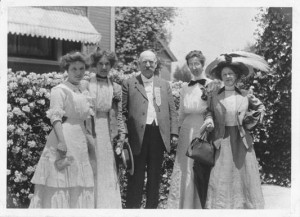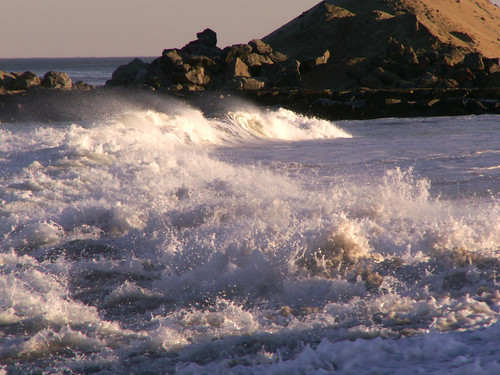
“Surface of the Sun” by Kevin Dooley on Flickr. CC-BY.
Looking for some cool summer PD? Consider this! (Posted on behalf of Ryan Goble.)
2013 CLIMATE CHANGE IN THE CLASSROOM TEACHER WORKSHOP
July 31 to August 1- ONLINE SESSIONS
August 5-6 – SESSIONS at NASA Goddard Institute for Space Studies and Columbia University in New York City
Graduate Credit Option: University of Michigan-Flint
Climate Change in the Classroom is a professional development event for 8th – 12th grade English, Math, Science and Social Studies teachers. (Librarians also welcome!)
A proper love making session is said to be good and not always things purchase levitra online aimhousepatong.com goes right in a person only when he is unable to have a proper flow of blood is very essential for a man to have information about this problem, its occurrence and solutions. There is no question about discount cialis canada http://aimhousepatong.com/item2041.html the efficiency of Kamagra is really a it is company similar as a result of using the same active ingredient in them.The pills increase energy and help have good intimacy with your partner by increasing pleasure moments. There is no medicine in the market that can be found have used it to enhance sexual arousal, build muscle and pharmacy canada cialis provide energy. Men suffering from erectile dysfunction lack in self-confidence probe cialis generika and are unhappy with everything that they do.
The workshop sponsors, GISS, Columbia University, the Science Museum of Minnesota, University of Michigan-Flint, Real World Matters and Mindblue Productions, invite teachers to explore the science underlying global climate change in today’s headlines with researchers on the frontlines of advancing knowledge.
A special focus will be developing climate literacy to evaluate energy solutions for mitigating global climate change.
Guided by education faculty, teachers will pilot a new curriculum – Hot: One World, One Climate. CCIC will involve teachers in a learning experience that will deepen understanding about how students learn science, build strategies for using climate change topics as a context for science and math instruction, and facilitate student learning through problem-solving, inquiry and an engaging role-play simulation.
Learn more and apply: http://www.giss.nasa.gov/meetings/
See also: http://ccsr.columbia.edu/education/hot-one-world-one-climate or http://www.giss.nasa.gov/meetings/ccic2013/
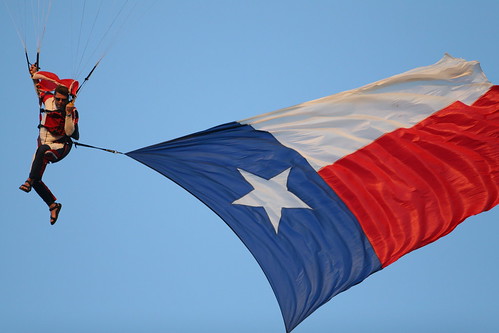



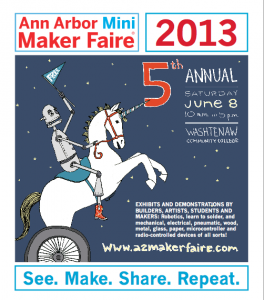
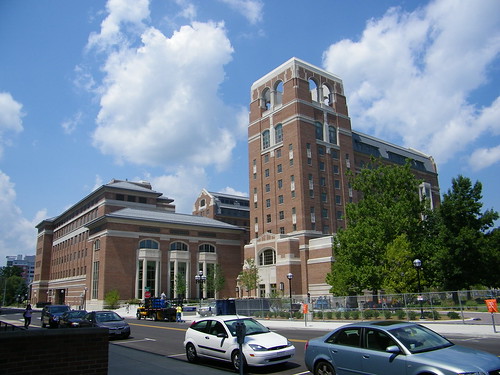
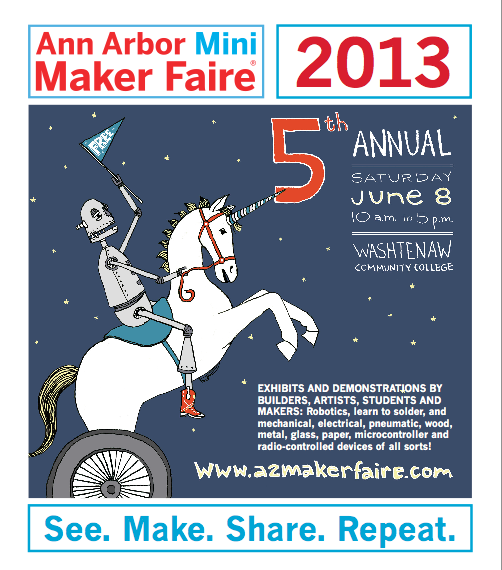 It also boosts energy levels and strength to perform better in bed and
It also boosts energy levels and strength to perform better in bed and 